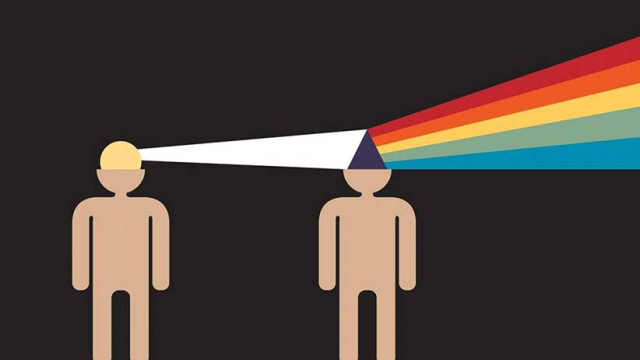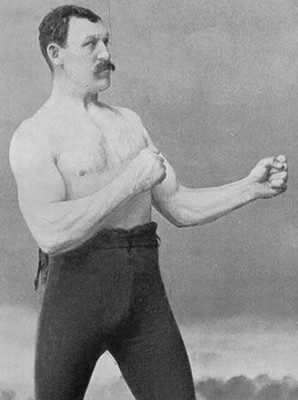Often I am asked just how what I do as an Evolutionary Guide -- assisting others in evolving how they relate to themselves and how they relate to events (ego and emotions) -- has any real practical applications particularly in business. It is a fair question. One that, to me, has an obvious answer: always, daily, in every context. But let me be specific:
What causes people to be less productive and to suffer emotionally and decide to give up on their dreams and desires—to simply not “go for it”?
Many things, but some of the more salient points would be:
nt
1. Taking things personally
2. Extrapolating out negative futures from limited data
3. Focusing on the problem(s) rather than solutions
4. Staying on course for too long after they know they need to adjust because they are afraid to admit their mistakes
5. Self-doubt
6. Fear
7. A lack of efficacy in communication
8. …
… the list could go on and on and on.
Likewise, their opposites--which we could sum up as simply being free and moving with confidence, efficacy and velocity--are all sourced in the same place.
What do they all have in common? The degree to which we experience any of these things is determined by our “stage” of development, which in turn determines how we relate to ourselves and / or how we relate to the events around us. It’s the “place” we react from and interpret through.
There is no more important “soft” skill that one can develop than their capacity to witness--the capacity to objectively examine a situation, an event, or a thing, or even themselves from outside of themselves which, in turn, is developing the capacity to dis-identify from any thing, situation, person, role, project, opinions …again, the list goes on. And therefore, there is no greater developmental endeavor one can engage in than personal evolution--increasing our capacity to not only witness, but to take on an ever-increasing number of perspectives.
This will even translate to learning “hard” skills more easily because you can throw yourself into the endeavor with great fervor, and without all of the self-consciousness that stops so many people from trying new things. You will be inclined to take on greater responsibility, ask for what you are worth, be willing and able to understand another’s perspective -- while maintaining your sovereign right to disagree -- communicate with greater ease and skill, employ greater agility and flexibility in your projects, and …well, be happier.
It’s simple: if you judge yourself when you are ineffective at something--experiencing embarrassment and even shame--that’s going to get in your way of trying new things. It will seem “risky”. The more you limit yourself the more you live in the world of saying, “That's just not me”. And the world of me/not me becomes increasingly limited, and it is the world that most people live in.
The nature of evolution is evolving just as our relationship to evolution has been evolving from biological to mental and emotional to spiritual -- to bio-technical.
Ray Kurzweil, director of engineering at Google, believes we will be able to upload our entire brains to computers within the next 30 years or so. That will certainly change things, won’t it? But this is not a piece about the coming Singularity--no doubt an “event” that many long for, others fear, and still others will see as a sign of the coming rapture, and many have not even heard of.










